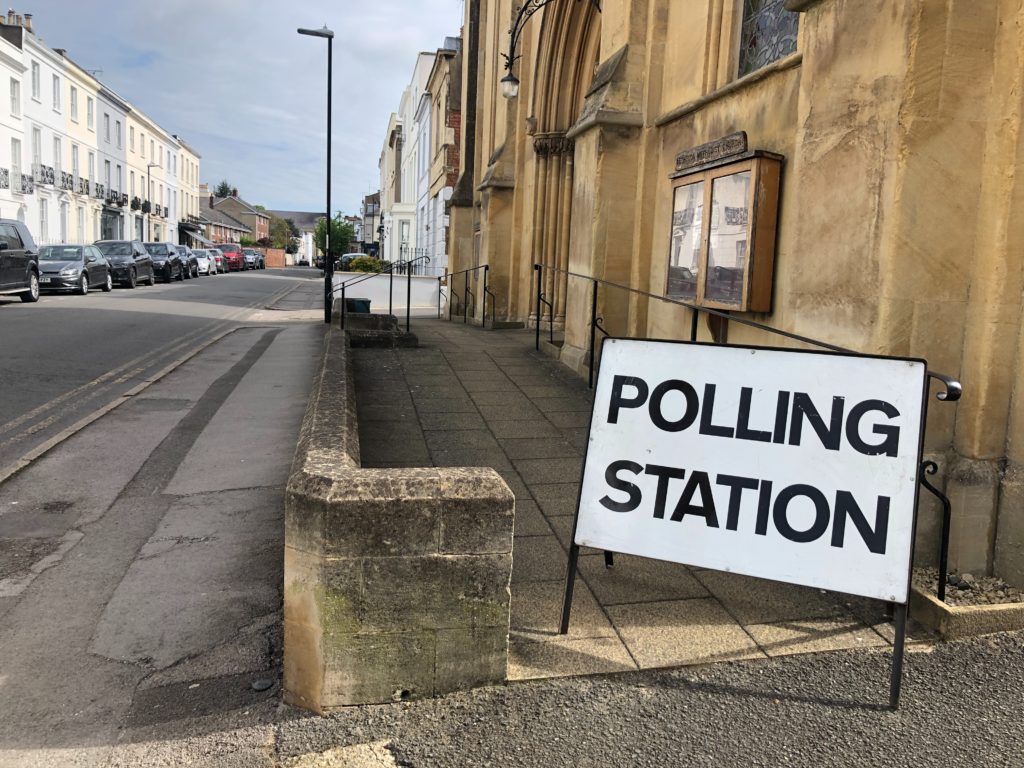Katie Nelmes
On Thursday 23rd June, the sixth anniversary of the Brexit referendum, two politically game-changing by-elections took place.
What are by-elections?
A by-election happens when a parliamentary seat becomes vacant before the next general election. In Wakefield, there was a vacant seat after Conservative MP Imran Ahmad Khan was recently convicted of sexual assault of a 15-year-old boy in 2008.
Neil Parish, the former Conservative MP for Tiverton and Honiton, resigned after he admitted to watching pornography in the House of Commons.
It is often said that by-elections are used to punish the incumbent government. However, these results may still prove to be significant for the Prime Minister.
What was the result in Wakefield?
Wakefield is part of the ‘Red Wall;’ an area in the North of England and Wales comprised of Labour ‘safe seats.’ This changed in the 2019 General Election when Boris Johnson’s Conservative Party won an overwhelming majority, turning many Red Wall seats, including Wakefield, Blue. Although many polls predicted a Labour victory in the by-election, this remains significant for Labour as it is their first by-election win from the Conservatives in 10 years. The now Labour MP, Simon Lightwood, won 13,166 votes (47.9%).
Fantastic to be back in Wakefield with Labour’s brilliant candidate @SimonLightwood.
This Thursday is Wakefield’s chance for a fresh start.
A chance to send a message to the Tories that they can’t ignore: Wakefield deserves better. #VoteLabour pic.twitter.com/VZVQjvZC4v
— Keir Starmer (@Keir_Starmer) June 18, 2022
How significant is the result in Tiverton and Honiton?
Tiverton and Honiton is a constituency in Devon, the South-West of England, which is part of the Conservative ‘Blue Wall.’ Neil Parish had been the Conservative MP for Tiverton and Honiton since 2010, winning 35,893 votes (60.2%) in 2019. Whilst coming third place in the constituency in 2019, the Liberal Democrats won 22,537 votes (52.9%) in the by-election. This made Richard Foord the first ever Liberal Democrat MP for Tiverton and Honiton.
Lib Dem leader Ed Davey having time of his life down in Tiverton & Honiton: “It’s time to show Boris Johnson the door”.
Lib Dems overturned a massive 25,000 Tory majority, on a 30% swing, in third stunning by-election victory in row.
Will leave Southern Tory MPs very jittery. https://t.co/TmfnjPgK46
— Pippa Crerar (@PippaCrerar) June 24, 2022
What do these results mean?
The results seem to demonstrate rejection of Boris Johnson, rather than faith in opposition parties. Polling by JL Partners suggests that the main reason why voters in both by-elections did not support the Conservatives was because “Boris Johnson tried to cover up partygate, and lied to the public.” This suggests that tactical voting was used to send a message to remove Johnson from office. While Wakefield is traditionally a Labour heartland, Tiverton and Honiton is an area where the Conservatives usually win.
There is only one person to blame for the Wakefield result.
The main reason that Wakefield's swing voters chose Labour was "Boris Johnson tried to cover up partygate, and lied to the public", followed by "Boris Johnson is not in touch with working-class people". pic.twitter.com/jrSDti39wB
— James Johnson (@jamesjohnson252) June 24, 2022
Many Conservative MPs are concerned about these results, including Oliver Dowden, who resigned as Chair of the Conservative Party after the results were announced. He said in his resignation letter that voters felt “distressed and disappointed by recent events” and that he shared their feelings. Notably, Dowden said “we cannot carry on with business as usual” because “somebody must take responsibility” for these failures. Once a strong supporter of Boris Johnson, Dowden ends his letter stating he will “as always, remain loyal to the Conservative Party,” with no mention of remaining loyal to the Prime Minister.
What do these results mean for Boris Johnson?
It had been less than three weeks since Boris Johnson’s vote of no confidence, which he won narrowly, with 41% of Conservative MPs voting against Johnson, including 75% of his backbenchers. The rules of the 1922 Committee state that another vote of no confidence cannot happen for another year.
However, a change to these rules is possible, potentially allowing another no confidence vote before the year is up. Conservative MPs with seats similar to Wakefield, and Tiverton and Honiton are likely to be questioning Johnson’s skills, but with no other significant resignations following Dowden’s departure, Johnson seems to be safe again.
Following the Conservative by-election defeats, Johnson told reporters he was planning to stay for three terms in office. With rumours of change to the rules of the 1922 Committee and possible defections to Labour, Johnson’s long-term future remains uncertain.
Featured image courtesy of Red Dot via Unsplash. Image license found here. No changes were made to this image.

